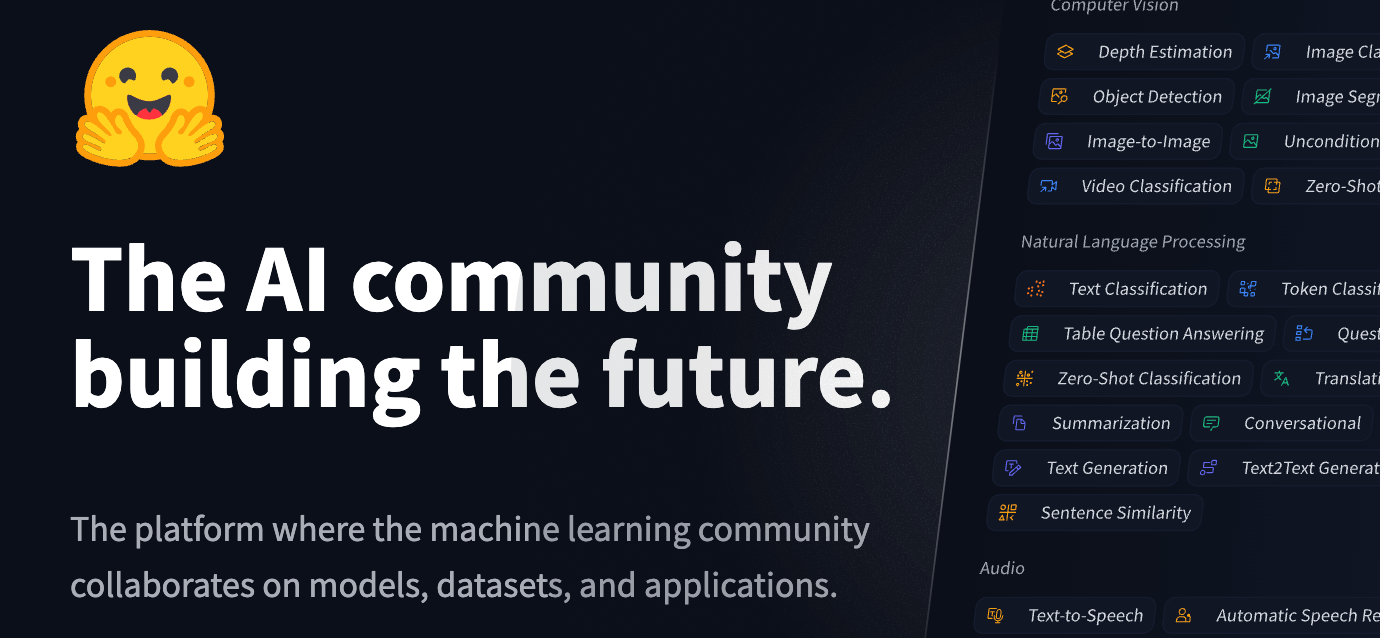What Is a Practicum? Everything You Need to Know

What is a Practicum?
A practicum is a hands-on learning experience that provides students, typically in the fields of education, healthcare, social work, counseling, and other professional disciplines, with an opportunity to apply theoretical knowledge gained in the classroom to real-world settings. It is a form of experiential learning that allows individuals to gain practical skills and insights in their chosen field under the guidance and supervision of experienced professionals.
What Professional Skills Can You Gain in a Practicum?
A practicum offers a range of professional skills and benefits to participants. Some of the key skills you can gain include:
Practical application of theoretical knowledge
Hands-on experience in real-world scenarios
Effective communication with clients, patients, or students
Problem-solving and critical thinking
Interpersonal skills and teamwork
Time management and organization
Decision-making in professional settings
Conflict resolution and adaptability
Understanding of ethical and legal considerations in the field
Practicum vs. Internship, What is the Difference?
The terms "practicum" and "internship" are often used interchangeably, but there are some differences between the two:
Practicum:
A practicum is usually a shorter, more structured learning experience required as part of an academic program. It is often focused on skill development and observation, where students get supervised training in specific tasks related to their field of study. Practicums are common in education, healthcare, and social work programs.
Internship:
An internship is typically a more extended period of work experience, ranging from a few months to a year. It can be part of an academic curriculum or a standalone opportunity. Internships are often geared towards providing students with practical work experience and exposure to a professional environment. They may or may not be directly related to the student's academic discipline.
5 Tips for Succeeding in a Practicum
Successfully navigating a practicum requires dedication and professionalism. Here are five tips to help you make the most of your practicum experience:
Be proactive: Take the initiative to learn and seek out opportunities to get involved in various tasks and projects. Demonstrate your enthusiasm and willingness to contribute.
Communicate effectively: Maintain open and clear communication with your supervisor and colleagues. Seek feedback regularly and be receptive to constructive criticism.
Be professional: Treat the practicum as you would a real job. Punctuality, professional attire, and maintaining confidentiality are essential aspects of professionalism.
Learn from observation: Pay attention to how experienced professionals handle different situations. Observe their techniques, communication styles, and problem-solving approaches.
Reflect on your experiences: Keep a journal or take notes to reflect on what you've learned and the challenges you've encountered. Reflective practice can deepen your understanding and improve your performance.
Requirements for a Practicum
The specific requirements for a practicum may vary depending on the academic institution and the field of study. However, some common requirements include:
Enrollment in an academic program that includes a practicum component.
Completion of prerequisite courses or training before starting the practicum.
Obtaining liability insurance or signing liability waivers, especially in fields involving direct client or patient interaction.
Background checks or clearance requirements, particularly in fields working with vulnerable populations like children or the elderly.
Meeting minimum GPA or academic performance standards.
Fulfilling a specified number of hours or weeks of practicum experience.
Adherence to the code of ethics and standards set by the academic institution and the professional field.
Remember that the specific requirements and guidelines for a practicum can differ, so it's essential to consult your academic advisor or practicum coordinator for accurate and up-to-date information.





